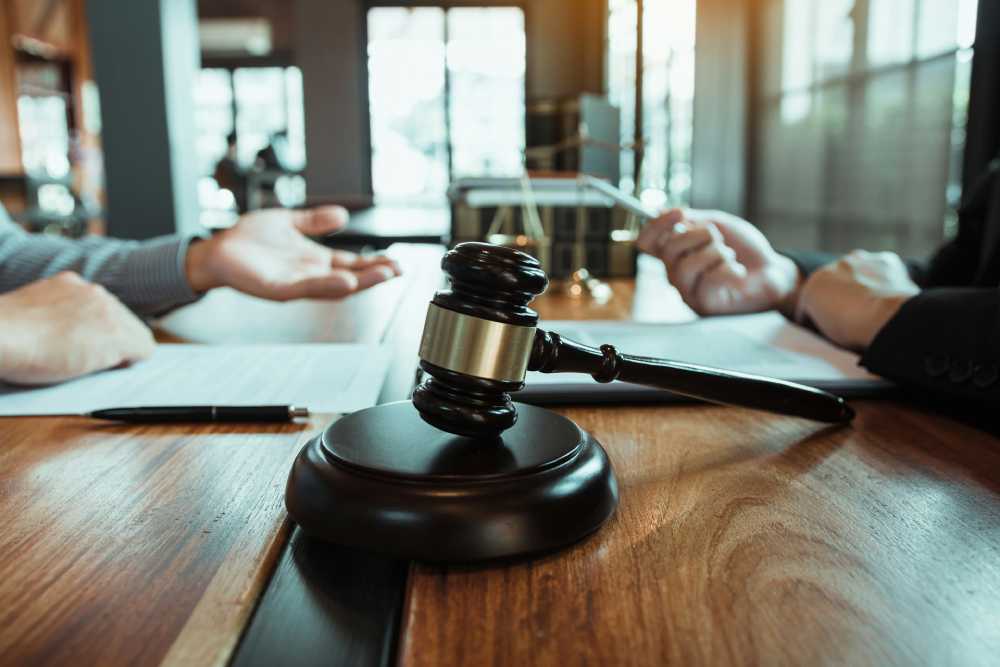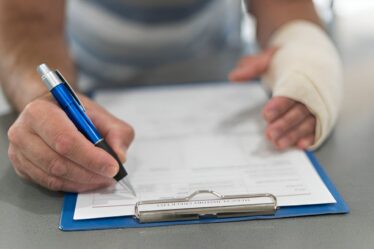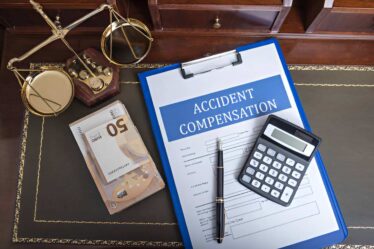
Accidents can happen anywhere—at a shopping centre, in a public park, or even on the footpath outside a business. If you suffer an injury due to someone else’s negligence in a public space, you may have grounds for a public liability claim. This guide will walk you through the process, helping you understand your rights and what steps to take if you need to seek compensation.
What Is a Public Liability Claim?
A public liability claim is a legal action taken by an individual who has been injured in a public or private space due to negligence. The claim is made against the party responsible for maintaining the area, such as a business owner, local council, or event organiser. These claims typically cover injuries resulting from hazards like slippery floors, uneven surfaces, or poorly maintained infrastructure.
Public liability claims aim to secure compensation for damages, including medical expenses, lost income, and pain and suffering. The success of a claim depends on proving that the responsible party failed in their duty of care.
To better understand how these claims work, check out this detailed guide on understanding public liability claims.
Step 1: Determine If You Have a Valid Claim
To have a valid claim, you must establish that:
- The party responsible for the location owed you a duty of care.
- They breached this duty through negligence.
- This breach directly caused your injury.
- You suffered measurable damages as a result.
For instance, if a supermarket failed to clean up a spill promptly, leading to a slip and fall, this could be considered negligence.
Step 2: Gather Evidence
Strong evidence is crucial to support your claim. Immediately after the incident, try to:
- Take photographs or videos of the hazard and your injuries.
- Collect witness statements and their contact details.
- Obtain medical reports detailing your injuries and treatment.
- Keep receipts and records of expenses related to your injury.
Step 3: Seek Legal Advice
Public liability law can be complex, and each case is unique. Consulting a personal injury lawyer will help you understand your rights and the likelihood of success. A lawyer can also assist in gathering additional evidence, dealing with insurers, and ensuring you meet legal deadlines.
Step 4: Notify the Responsible Party
Before filing a claim, you must notify the party responsible for the accident. This could be a business, a local council, or an individual property owner. In many cases, they will refer the matter to their public liability insurer.
Your lawyer may draft a formal letter of demand outlining your injuries, damages, and the compensation you seek. This notification gives the responsible party an opportunity to resolve the claim before legal action is necessary.
Step 5: Engage in Negotiations
Once the responsible party acknowledges your claim, negotiations with their insurer begin. Most cases are settled out of court through negotiation. Your lawyer will:
- Present evidence supporting your claim.
- Negotiate a fair settlement on your behalf.
- Advise whether the offer is reasonable or if further legal action is necessary.
Step 6: Proceed to Litigation (If Necessary)
If negotiations fail, your lawyer may recommend taking the case to court. Litigation involves:
- Filing a formal legal complaint.
- Attending court hearings where evidence is presented.
- Waiting for a judge’s decision on liability and compensation.
Court proceedings can be lengthy and costly, but they may be necessary if the responsible party refuses to offer fair compensation.
Step 7: Receive Compensation
If your claim is successful, you will receive compensation covering:
- Medical costs, including treatment, rehabilitation, and future care.
- Lost income, if the injury has impacted your ability to work.
- Pain and suffering, to account for physical and emotional distress.
- Other expenses, such as home modifications or assistance services.
Taking Informed Action
Navigating a public liability claim can be challenging, but understanding the process helps you take informed action. From gathering evidence to negotiating with insurers, each step plays a crucial role in securing fair compensation. If you’ve been injured due to someone else’s negligence, seeking expert legal advice is essential.


